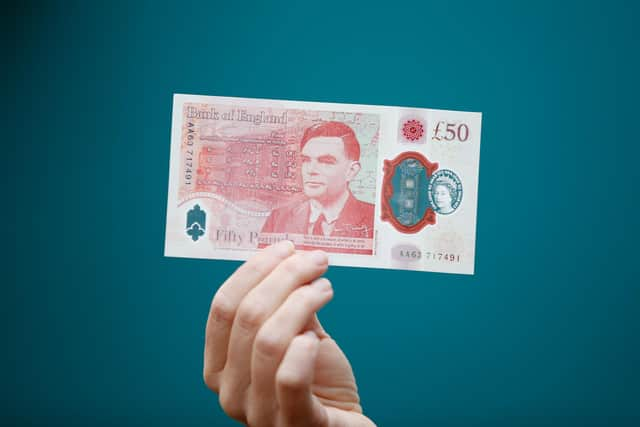National Insurance: How much more will you pay following NI increase at start of new tax year and what does the threshold change mean
and live on Freeview channel 276
How much are national insurance contributions going up by and when?
National insurance contributions will rise from 12 per cent to 13.25 per cent from April.
The rise will apply from 6 April 2022 to 5 April 2023, the next tax year.


Advertisement
Hide AdAdvertisement
Hide AdThe money is deducted from your salary before you get paid, so that means you will see a further 1.25 per cent deducted from your paycheck.
How much more national insurance will you have to pay on £20k, £30k, £40k, £50k or more?
Workers on a salary of £20,000 will pay an additional £130 a year; workers on £30,000 will pay £255 more a year; workers on £40,000 will pay £380 more a year; workers on £50,000 will pay £505 more a year and workers on £80,000 will pay £880 more a year.
The move has been criticised as the change is expected to disproportionately affect people at the bottom end of the income scale.


Who has to pay national insurance?
People pay mandatory national insurance if they are over 16 and are either an employee earning above £184 a week, or self-employed and making a profit of £6,515 or more a year.
What is national insurance used to pay for?
Advertisement
Hide AdAdvertisement
Hide AdNI contributions fund services including healthcare, as well as maternity, sick and bereavement pay, and the state pension.
What is the national insurance threshold?
In the Spring Statement on Wednesday, March 23, chancellor Rishi Sunak announced that from July the threshold for national insurance (NI) will be raised to £12,570.
The NI threshold has been raised after the chancellor announced a NI increase, with the increase of 1.25 percentage points set to raise extra funds for the NHS and social care.
What does a higher national insurance threshold mean?
A higher NI threshold is good news for some lower-income workers, as the raise may mean that they have to pay nothing at all in income tax or NI contributions.
From July, you will be able to earn £12,570 without paying income tax or national insurance.
Previously, the national insurance payment threshold was £9,568.
